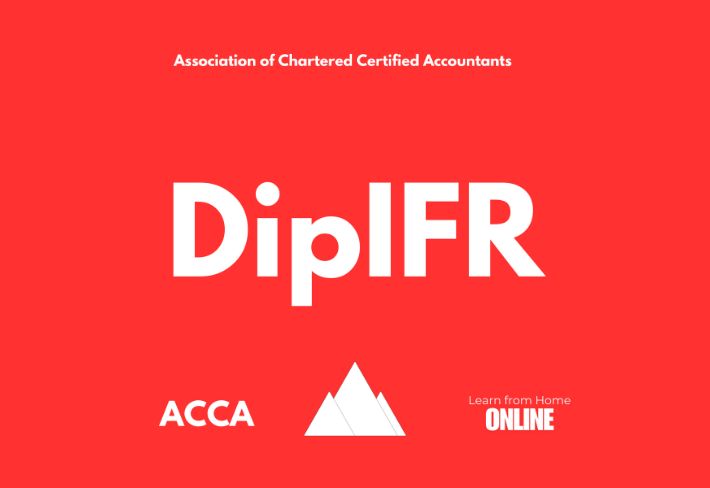
What you'll learn
The Diploma in International Financial Reporting (DipIFR) builds on the technical and/or practical knowledge acquired from recognised country specific accountancy qualifications or relevant work experience. The syllabus introduces candidates to the wider international framework of accounting and the system of standard setting. The DipIFR concentrates on the application of conceptual and technical financial reporting knowledge that candidates have already obtained to the specific requirements of financial reporting under IFRS Accounting Standards The DipIFR also provides essential international financial reporting knowledge and principles that will equip candidates to operate in an increasingly global market place . The prerequisite knowledge for DipIFR can either come from a country specific professional qualification, from possessing a relevant degree (giving exemptions from Business and Technology (BT); Management Accounting (MA) and Financial Accounting (FA) and Corporate and Business Law (LW) of the ACCA qualification) and two years’ accounting experience, or by having three years’ full-time relevant accounting experience, supported by an employer’s covering letter

